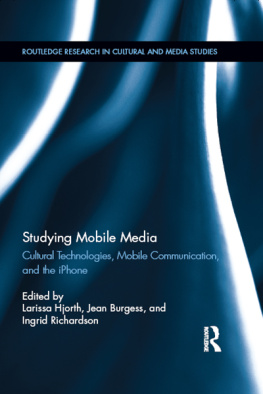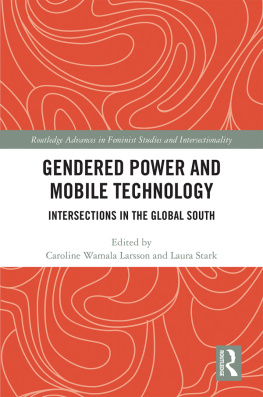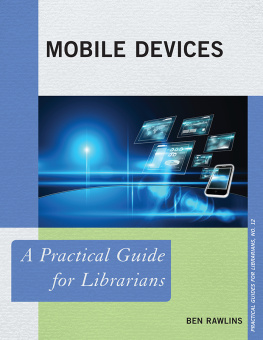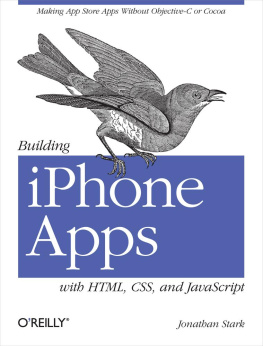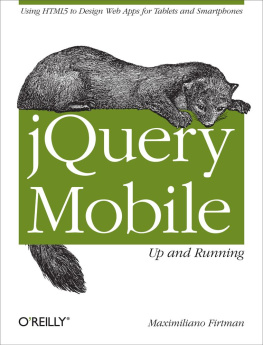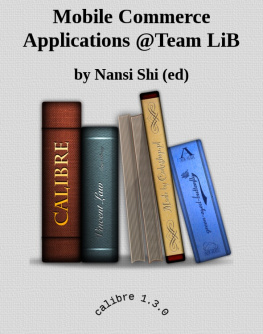Routledge Research in Cultural and Media Studies
For a full list of titles in this series, please visit www.routledge.com
5 From Satellite to Single Market
New Communication Technology and European Public Service Television
Richard Collins
6 The Nationwide Television Studies
David Morley and Charlotte Bronsdon
7 The New Communications Landscape
Demystifying Media Globalization
Edited by Georgette Wang, Jan Servaes, and Anura Goonasekera
8 Media and Migration
Constructions of Mobility and Difference
Edited by Russel King and Nancy Wood
9 Media Reform
Democratizing the Media, Democratizing the State
Edited by Monroe E. Price, Beata Rozumilowicz, and Stefaan G. Verhulst
10 Political Communication in a New Era
Edited by Gadi Wolfsfeld and Philippe Maarek
11 Writers Houses and the Making of Memory
Edited by Harald Hendrix
12 Autism and Representation
Edited by Mark Osteen
13 American Icons
The Genesis of a National Visual Language
Benedikt Feldges
14 The Practice of Public Art
Edited by Cameron Cartiere and Shelly Willis
15 Film and Television After DVD
Edited by James Bennett and Tom Brown
16 The Places and Spaces of Fashion, 18002007
Edited by John Potvin
17 Communicating in the Third Space
Edited by Karin Ikas and Gerhard Wagner
18 Deconstruction After 9/11
Martin McQuillan
19 The Contemporary Comic Book Superhero
Edited by Angela Ndalianis
20 Mobile Technologies
From Telecommunications to Media
Edited by Gerard Goggin and Larissa Hjorth
21 Dynamics and Performativity of Imagination
The Image between the Visible and the Invisible
Edited by Bernd Huppauf and Christoph Wulf
22 Cities, Citizens, and Technologies
Urban Life and Postmodernity
Paula Geyh
23 Trauma and Media
Theories, Histories, and Images
Allen Meek
24 Letters, Postcards, Email
Technologies of Presence
Esther Milne
25 International Journalism and Democracy
Civic Engagement Models from Around the World
Edited by Angela Romano
26 Aesthetic Practices and Politics in Media, Music, and Art
Performing Migration
Edited by Roco G. Davis, Dorothea Fischer-Hornung, and Johanna C. Kardux
27 Violence, Visual Culture, and the Black Male Body
Cassandra Jackson
28 Cognitive Poetics and Cultural Memory
Russian Literary Mnemonics
Mikhail Gronas
29 Landscapes of Holocaust Postmemory
Brett Ashley Kaplan
30 Emotion, Genre, and Justice in Film and Television
E. Deidre Pribram
31 Audiobooks, Literature, and Sound Studies
Matthew Rubery
32 The Adaptation Industry
The Cultural Economy of Literary Adaptation
Simone Murray
33 Branding Post-Communist Nations
Marketizing National Identities in the New Europe
Edited by Nadia Kaneva
34. Science Fiction Film, Television, and Adaptation
Across the Screens
Edited by J. P. Telotte and Gerald Duchovnay
35 Art Platforms and Cultural Production on the Internet
Olga Goriunova
36 Queer Representation, Visibility, and Race in American Film and Television
Melanie E. S. Kohnen
37 Artificial Culture
Identity, Technology, and Bodies
Tama Leaver
38 Global Perspectives on Tarzan
From King of the Jungle to International Icon
Edited by Annette Wannamaker and Michelle Ann Abate
39 Studying Mobile Media
Cultural Technologies, Mobile Communication, and the iPhone
Edited by Larissa Hjorth, Jean Burgess, and Ingrid Richardson
Studying Mobile Media
Cultural Technologies, Mobile
Communication, and the iPhone
Edited by
Larissa Hjorth, Jean Burgess,
and Ingrid Richardson

First published 2012
by Routledge
711 Third Avenue, New York, NY 10017
Simultaneously published in the UK
by Routledge
2 Park Square, Milton Park, Abingdon, Oxon OX14 4RN
Routledge is an imprint of the Taylor & Francis Group, an informa business
2012 Taylor & Francis
The right of Larissa Hjorth, Jean Burgess, and Ingrid Richardson to be identified as the authors of the editorial material, and of the authors for their individual chapters, has been asserted in accordance with sections 77 and 78 of the Copyright, Designs and Patents Act 1988
Typeset in Sabon by IBT Global.
Printed and bound in the United States of America on acid-free paper by IBT Global.
All rights reserved. No part of this book may be reprinted or reproduced or utilised in any form or by any electronic, mechanical, or other means, now known or hereafter invented, including photocopying and recording, or in any information storage or retrieval system, without permission in writing from the publishers.
Trademark Notice: Product or corporate names may be trademarks or registered trademarks, and are used only for identification and explanation without intent to infringe.
Library of Congress Cataloging-in-Publication Data
Studying mobile media : cultural technologies, mobile communication,
and the iPhone / edited by Larissa Hjorth, Jean Burgess, Ingrid Richardson.
p. cm. (Routledge research in cultural and media studies ; 39)
Includes bibliographical references and index.
1. Mobile communication systemsSocial aspects. 2. Interpersonal
communicationTechnological innovationsSocial aspects.
3. iPhone (Smartphone) 4. Information technologySocial aspects.
5. Communication and cultureTechnological innovations. I. Hjorth,
Larissa. II. Burgess, Jean (Jean Elizabeth) III. Richardson,
Ingrid, 1966
HM1206.S78 2012
004.167dc23
2011037026
ISBN13: 978-0-415-89534-7 (hbk)
ISBN13: 978-0-203-12771-1 (ebk)
Contents
PART I
iPhone as a Cultural Moment
PART II
iPhone as a Platform and Phenomenon
PART III
iPhone and Labor
1 Studying the Mobile
Locating the Field
Larissa Hjorth, Jean Burgess,
and Ingrid Richardson
INTRODUCTION
Over the past decade we have witnessed many transformations in the field of mobile communication as it moves unevenly into the smartphone era. This relatively short period has seen the emergence of a large body of literature that has addressed the multi-modal nature of, and need for interdisciplinary approaches to, mobile communication. it is by no means a coherent field of scholarship, and there are still many areas in need of elaboration and differentiation. What constitutes studying mobile media? For example, at what point is the study of mobile media the preoccupation of internet or game researchers? In its migration across a variety of areas, does the mobile media field have distinct characteristics? As the epitome of ubiquity, mobile media in an age of smart-phones requires that we not only attempt to articulate the field but also to more systematically understand its various dimensionsthe technical, cultural, social, political, and economic.

